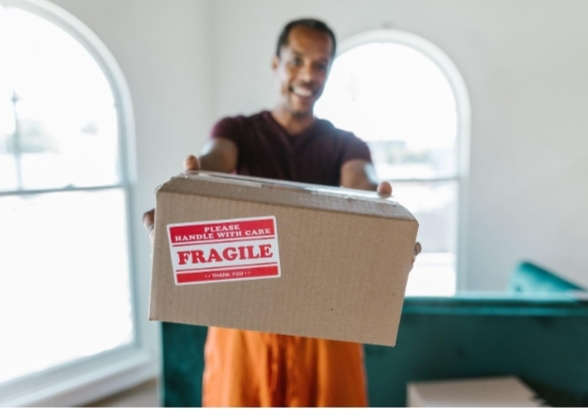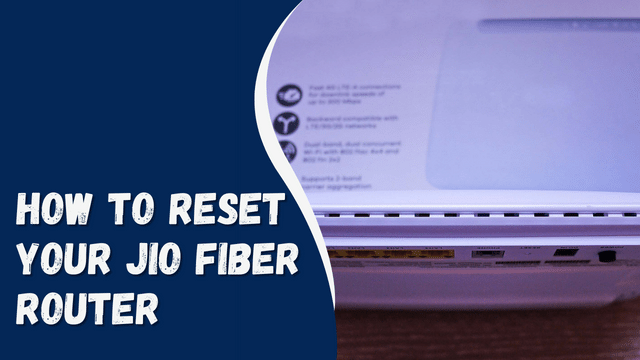Essential Moving Tips for Military Officers and Their Family Members

Relocation is an inevitable part of military life. For military officers and their families, moving across cities, states, or countries can pose many challenges, from managing logistics to dealing with emotional turbulence.
However, the process can be streamlined effectively with strategic planning and a comprehensive understanding of available resources. This article aims to offer essential moving tips to smoothen this transitional phase, ensuring minimal disruptions and maximum efficiency.
Through these actionable suggestions, we hope to convert the difficult task of moving into an organized journey of transition for our brave military personnel and their loving families.
Inventory Preparation: A Crucial First Step
A detailed inventory is a list that puts every item, whether small or large, into perspective. To prepare an inventory, begin by inspecting each room in your house.
List down all items, large furniture, electronic gadgets, kitchen utensils, clothes, books, and even smaller trinkets. To make it more organized, you can categorize them based on the rooms they belong to or their purposes.
An inventory isn’t just a list; it’s a critical tool for decluttering, packing, and unpacking. It informs you about the items that need careful packing or are unnecessary and can go to storage.
Understanding and Utilizing Military Storage
Understanding what you own is one of the most crucial parts of any moving process. It’s easy to accumulate belongings over the years, and while creating your inventory, you may notice certain items are seldom used. These include bulky furniture, seasonal clothes, sports equipment, or sentimental keepsakes.
During military life, your new place can have shorter postings or different space sizes. Once you’ve identified these items, it’s best to utilize military storage options. It allows you to store your belongings until your next move in a secure storage facility. Access Storage offers a 10% discount for active military personnel, making the storage process more convenient and economical.
Mastering the Art of Packing
The key to a successful move often lies in packing wisely. This isn’t just about stuffing your belongings into boxes; it’s a thoughtful process that requires time and strategic planning.
Kick off your packing process well in advance, avoiding last-minute rushing. Categorizing your items based on their size and fragility helps maintain organization. Delicate items such as glassware, electronics, or artwork should be cushioned with bubble wrap and packed in sturdy boxes to prevent any damage during transit.
The proper labeling of boxes also plays a significant role. Writing a brief description of the contents and the room they belong to makes unpacking much easier. Another crucial tip is to pack heavier items in smaller boxes. This ensures they are manageable to lift, reducing the risk of injuries during the move.
Importance of Early Address Updates
Updating your new address may seem trivial, but it’s an essential task you should handle promptly. Overlooking it can lead to inconvenient complications, misdirected mail, or even identity theft.
Start by listing down all institutions that need to know about your relocation. They generally include your bank, insurance companies, credit card companies, utilities, and any subscriptions. If you have children, you should inform their school to ensure a seamless transfer of records.
Ensure to set up mail forwarding with the postal service. Any missed updates will still reach you at your new address. Updating your address well before your move keeps your life running smoothly during and after the transition, saving you from last-minute hassles.
The Value of Professional Movers
Relocation is a complex task that becomes more intricate when it involves military families, given the unique constraints and timelines they often face. In such situations, hiring professional movers can be a game-changer.
Professional moving companies come with experience and expertise. They are well-versed in the specific challenges military families may encounter during relocations. They bring logistical prowess to the table, handling everything from packing, loading, and transporting to unpacking your belongings.
Having professional movers manage these logistical aspects of the move frees up your valuable time. This allows you to focus on other critical areas, like addressing your family’s emotional needs during this significant transition.
Safekeeping Essential Documents
While moving, it’s crucial to take special care of essential documents. These encompass a variety of papers, including birth certificates, social security cards, medical records, housing paperwork, and any other documents pertinent to your personal life or your military service.
Instead of packing these valuable documents with the rest of your belongings, consider keeping them separate in a dedicated folder or envelope. This ensures they are not accidentally misplaced during packing, transit, or unpacking and are readily accessible when needed.
Keeping these documents close at hand during the move is not just a matter of convenience. It also safeguards against the possibility of them getting lost in transit, which could result in unnecessary complications and delays in your resettlement process.
Handling Kids and Pets During the Move
Relocations can bring about tough changes for kids and pets to comprehend. Preparing them adequately for this transition minimizes their stress and anxiety.
To begin with, talk to your children about the move. Make them understand why the family needs to relocate and what they can expect. Involving them in small, age-appropriate tasks, like packing their toys or favorite books, can make them feel included.
Pets, on the other hand, might need a little more care. Consider arranging for a pet sitter on the day of the move to keep them comfortable and safe. Remember, maintaining their routine as closely as possible can help them adapt quicker to the new environment.
Assembling a First-Night Box
Moving into a new home involves a period of adjustment, and having a first-night box at hand can significantly ease this transition. This box should contain items that you and your family will need immediately upon arrival at your new home.
Start by packing toiletries such as toothbrushes, toothpaste, soap, and toilet paper. Also, pack a change of clothes for each family member and any necessary medications. You might want to include basic kitchen utensils, non-perishable food items, and snacks too.
Having these essentials readily available will save you the hassle of rummaging through multiple boxes when you’re tired from the move.
Conducting a Post-Move Evaluation
Once you’ve settled into your new home, pausing and evaluating your moving process is valuable. This evaluation helps you identify areas that went smoothly and others that posed challenges. By doing so, you can plan more effectively for any future relocations.
Begin by analyzing each phase of your move, from planning to packing, transportation, and unpacking. What strategies worked well? Did your inventory help streamline packing? Was the first-night box useful? How effective was the moving company? Reflect on these aspects, and jot down your insights.
Conclusion
Navigating a military move can be complex. But with proper planning, efficient packing, careful inventory, and use of military storage, the process can be smoother. Hiring professionals, handling essential documents carefully, and managing kids and pets effectively are also crucial. Remember to pack a first-night box and conduct a post-move evaluation. Each move is an opportunity to learn and improve for future relocations. Happy moving!





